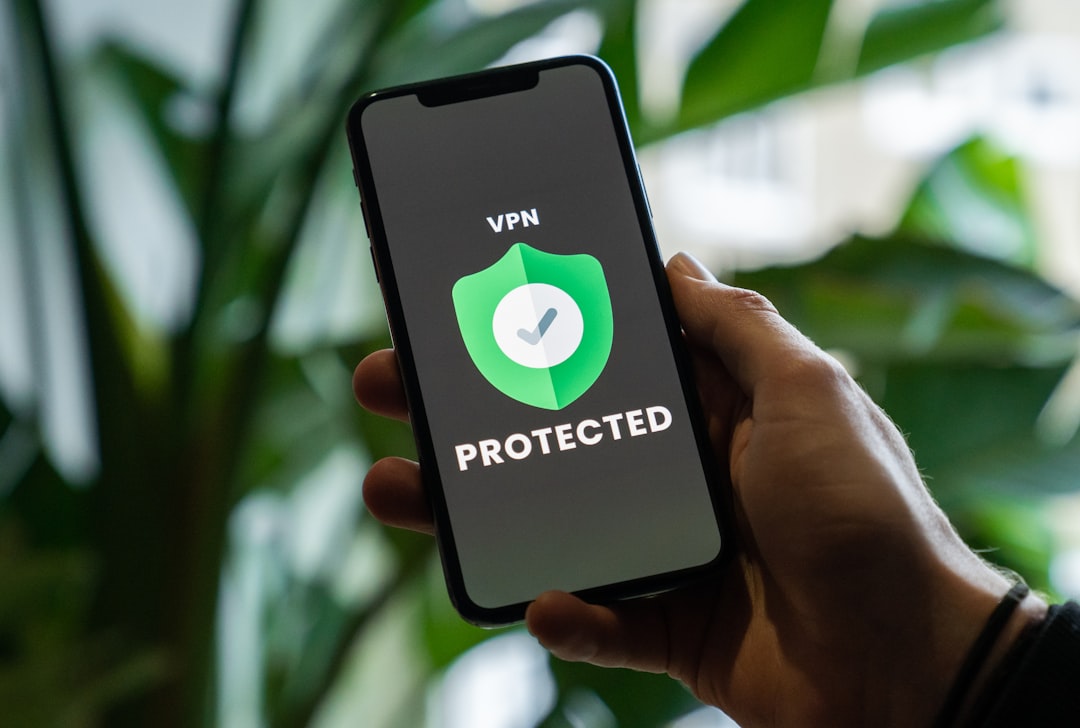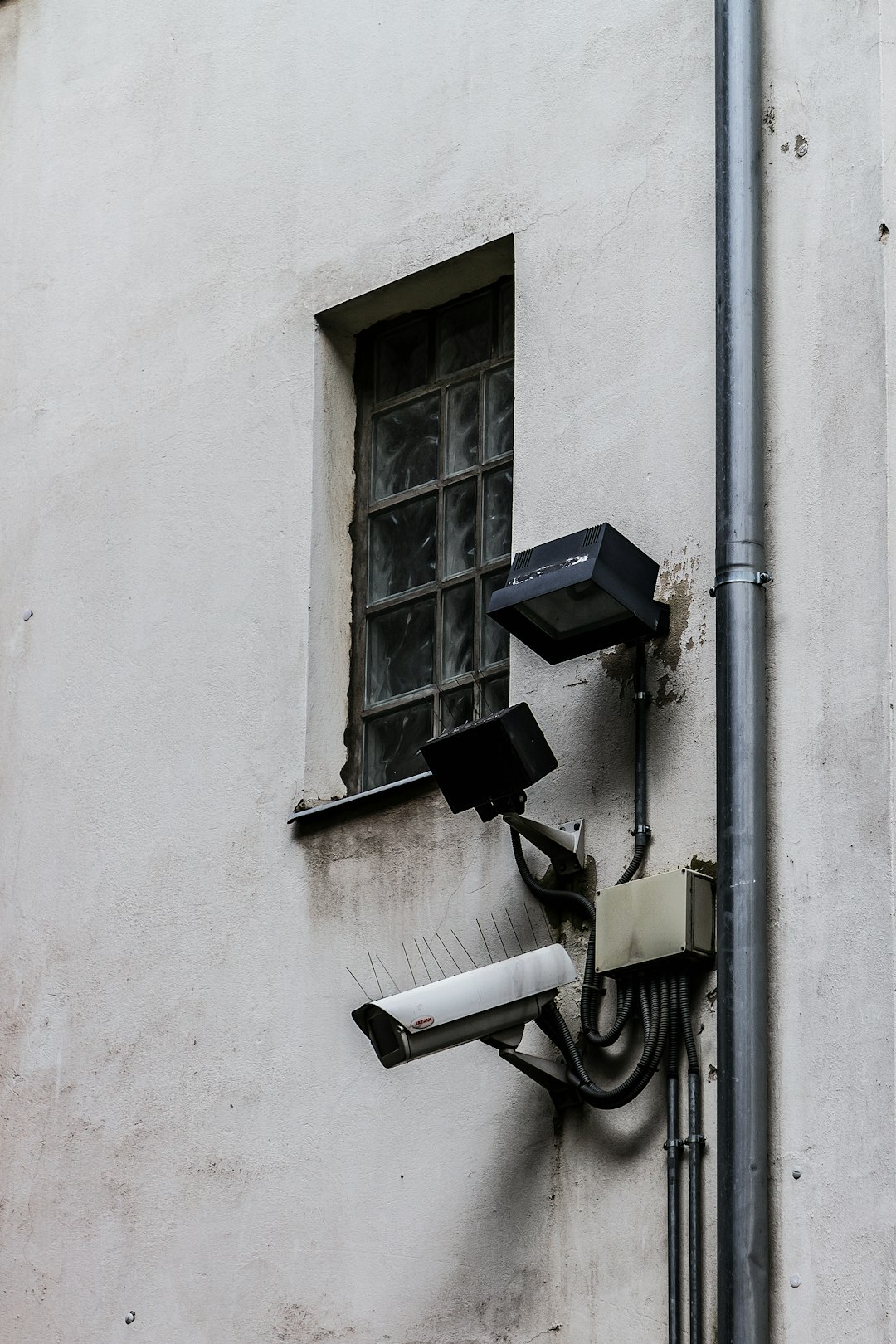As internet surveillance and censorship become more sophisticated, users around the globe are turning to advanced tools to defend their digital privacy. In 2025, one of the most powerful techniques to counter internet restrictions is the use of an obfuscated VPN. But what exactly is an obfuscated VPN, and why might someone need one? This article explores the purpose behind VPN obfuscation, how it works, and scenarios where it is especially useful.
What Is an Obfuscated VPN?
An obfuscated VPN is a special type of Virtual Private Network that disguises its traffic to look like ordinary internet activity. Unlike traditional VPNs, which may be detectable by firewalls or deep packet inspection (DPI) tools commonly used by governments, ISPs, or networks with strict restrictions, an obfuscated VPN hides any signs that indicate a VPN is being used.
Regular VPN traffic can often be blocked or flagged because it follows identifiable patterns. Obfuscated VPNs modify those patterns to prevent systems from recognizing that it’s VPN traffic at all. This makes it more effective for bypassing censorship and accessing the open internet securely.

How Does VPN Obfuscation Work?
Obfuscated VPNs rely on special protocols or techniques to mask traffic. Some common methods include:
- Obfsproxy: Originally developed for the Tor network, it scrambles traffic to evade detection.
- Stunnel: Encrypts VPN traffic within an additional layer of TLS, making it appear like standard HTTPS traffic.
- Shadowsocks: A proxy tool designed to be simple and unobtrusive, used to bypass DPI filters efficiently.
These technologies are built into advanced VPN services and can usually be enabled with a single setting in the VPN app.
When Should You Use an Obfuscated VPN in 2025?
While a regular VPN is sufficient for many users, there are specific situations where obfuscation becomes crucial:
1. Traveling or Living in a Censored Country
Countries with restricted internet—such as China, Russia, Iran, and others—actively block VPN traffic using DPI. In 2025, these regimes continue to strengthen their surveillance tactics. An obfuscated VPN helps bypass firewalls and access services like Gmail, Google, or WhatsApp that may otherwise be blocked.
2. Using a VPN on a Restricted Network
Public Wi-Fi in schools, hotels, or businesses often blocks VPNs. If a user finds their VPN is being detected and disconnected, enabling obfuscation may help maintain access and privacy.
3. Avoiding Throttling by ISPs
In some regions, ISPs throttle VPN traffic to conserve bandwidth or enforce usage policies. An obfuscated VPN hides the fact that a VPN is being used, potentially bypassing such restrictions and resulting in improved speeds.

4. Enhancing Personal Security and Anonymity
Even in countries with free internet, higher levels of anonymity might be required. Journalists, whistleblowers, or individuals dealing with sensitive information may use obfuscated VPNs to ensure their traffic is not under scrutiny or being logged by any intermediary.
Limitations of Obfuscated VPNs
Despite their powerful capabilities, obfuscated VPNs have a few limitations:
- Slower Speeds: Due to the extra processing required to mask traffic, speeds might be slightly slower than a standard VPN.
- Limited Protocol Support: Only certain protocols like OpenVPN or WireGuard support obfuscation effectively.
- Not Always Available: Not every VPN provider offers obfuscation, so users must choose services with this specific feature.
Conclusion
As internet censorship continues to rise globally in 2025, obfuscated VPNs serve as an essential tool for unrestricted and secure access to the internet. Whether you’re a traveler avoiding firewalls or a privacy enthusiast shielding your activity, understanding and using an obfuscated VPN can significantly enhance your online freedom.
Frequently Asked Questions (FAQ)
- Q: Is an obfuscated VPN legal to use?
- A: In most countries, using a VPN or obfuscated VPN is legal. However, in heavily censored regions, their usage may be restricted. It’s best to check local laws before use.
- Q: How do I know if my VPN offers obfuscation?
- A: Check the app settings or the provider’s feature list for terms like “Stealth Mode,” “Obfsproxy,” “Camouflage Mode” or “Obfuscated Servers.”
- Q: Is there a cost difference between a regular VPN and an obfuscated one?
- A: Some VPN providers include obfuscation at no extra charge, while others may offer it as part of a premium plan.
- Q: Can I use obfuscated VPNs on mobile devices?
- A: Yes, leading VPN apps for iOS and Android support obfuscation, though setup may vary depending on the protocol used.

